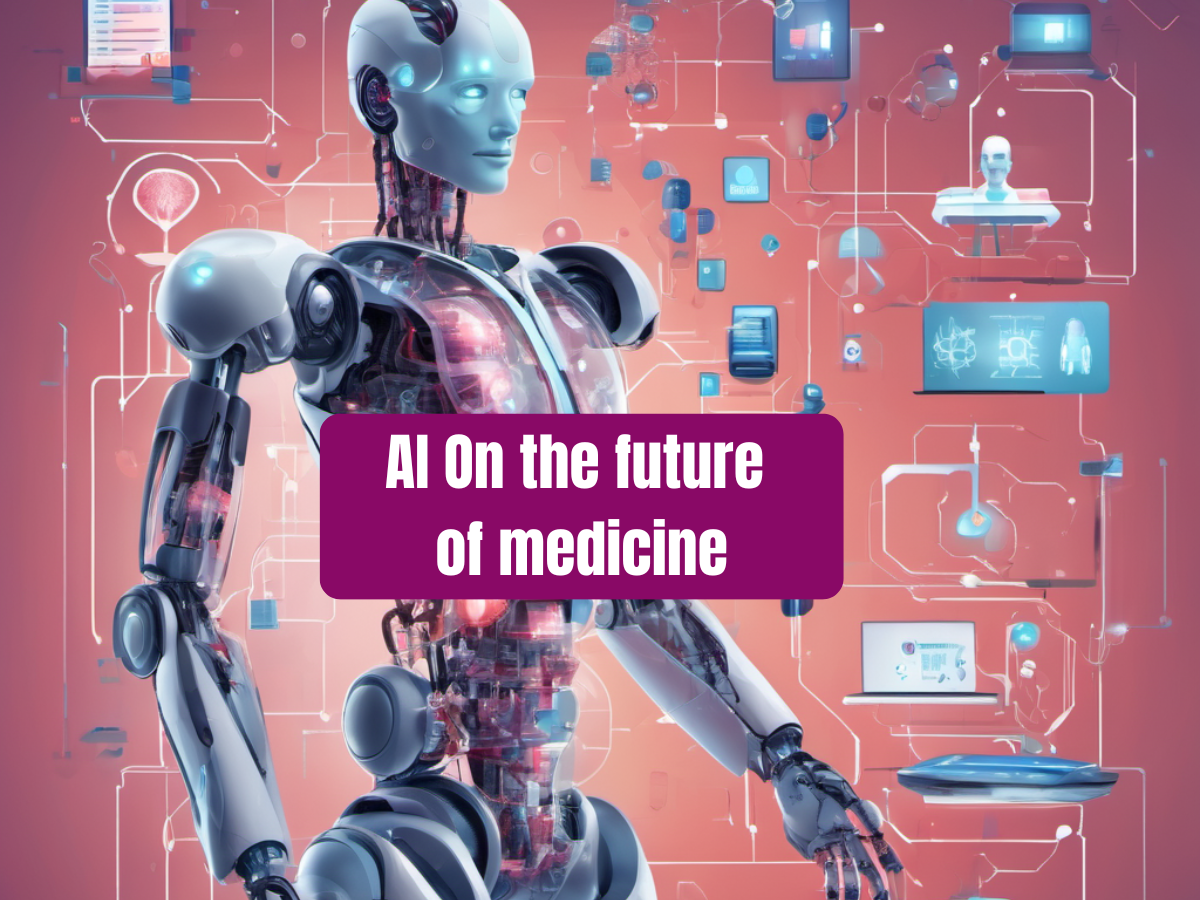The concept of artificial intelligence (AI) is not only changing the medical landscape but also redefining the boundaries and shapes of different medical specialties, making the treatment and quality of life of patients more efficient. Shortly, the medical discipline will observe profound reflections because of AI integration.
A in Diagnostic Imaging
Diagnostic imaging, such as X-rays, MRIs, and CT scans, is likely to experience a bigger impact from AI advances than other areas. Machine learning algorithms can analyze a huge imaging dataset to identify abnormalities and help in performing the most accurate diagnosis for the radiologist. AI further assists in cutting down the time of discussions through interpretation, reducing the turnaround time as well as improving overall efficacy.
AI in Drug Discovery
The quest for innovative medicines entails a protracted and expensive procedure. Besides being an effective mechanism, AI presents the hope of shortening the process, and this it does by analyzing complex biological data, predicting drug-target interactions, and identifying drugs that would possibly enter the research process for further evaluation. AI algorithms can be used to have optimal drug development pipelines, and later, as a result, innovative therapies can enter the market faster.
AI in Personalized Medicine
Personalized medicine focuses on matching treatment to an individual’s reasons with various markers, such as genetics, lifestyle, and environment. AI examines the patient’s data, predicts their disease, optimizes a treatment plan, and ensures that the correct therapy is administered to the appropriate individual, playing an important role in this transformation. Taking advantage of AI-driven insights, healthcare can service patients in a way that manages to maximize the results of care.
AI in Telemedicine
Telemedicine, featuring doctors’ talks to patients from distant places, is gaining in popularity, especially because of recent world events. AI technologies improve telemedicine through virtual triaging, symptom assessment, and continuous health monitoring. Through AI-facilitated telemedicine solutions, healthcare institutions can move distances undisturbed and provide service online, which is now faster and available anywhere provided one has an Internet connection.
AI in Surgical Robotics
The combination of surgical robotics and AI intelligence represents a departure from traditional procedures by providing improved transparency, pleasure, and efficiency. AI algorithms enable surgical robots to adapt to the fly, handle anatomical variations, and enhance complicated procedures.
